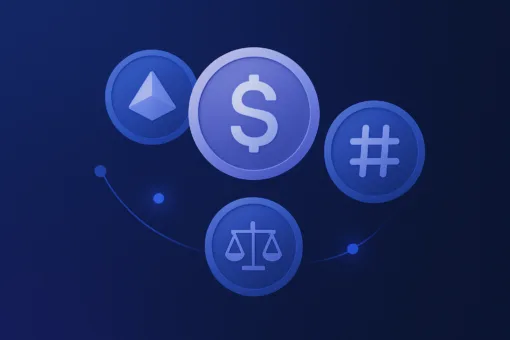As the US federal government remains closed, the Securities and Exchange Commission (SEC)‘s inoperability is not merely inconvenient. It’s evolving into an economic risk. The SEC’s “non-essential” label is a critical misstep, endangering investor protection, hindering capital formation, and disrupting the US financial system’s smooth operation.
The SEC plays a pivotal role in protecting investors. Labeling it non-essential effectively weakens protections against fraudulent and suspicious financial activities. As financial transactions increasingly go online, the need for sturdy financial regulation intensifies. Unfortunately, the SEC’s closure puts this at risk.
Besides, the SEC is crucial for capital formation, a process vital for economic growth. Due to the shutdown, this process is now in limbo. The SEC ensures fair and efficient fundraising for businesses. Without its oversight, capital formation might slow down or even stop.
Stalled Financial System Progress
Apart from investor protection and capital formation, the SEC monitors the US financial system’s operation. It ensures proper trading and market functioning and compliance with rules and regulations. Therefore, the SEC’s closure significantly impacts the financial system’s overall function.
Moreover, the SEC plays a significant role in developing and implementing new financial regulations. These are essential for the financial system to evolve and adapt to changing economic conditions and emerging financial technologies. With the SEC inactive, the US financial system’s progress is effectively stalled.
Given the SEC’s crucial role in the US financial system, labeling it non-essential is a serious mistake. This not only undermines the agency’s work importance but also risks the US economy during government shutdowns. Hence, it’s vital for the US Congress to recognize the SEC as essential to prevent such future issues.














